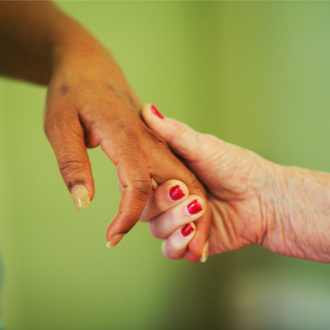Older people with mental health issues are far less likely to be referred to talking therapy than younger patients, according to official NHS research.
The South West of England Improving Access to Psychological Therapies (IAPT) Evaluation Project based their research on an analysis of 80,000 referrals into the programme.
They found that the percentage of patients referred significantly reduced with age, from a high among 20-24-year-olds and a low among patients aged 70-74.
The study, published in the BJGP, said this comes despite talking therapies showing better results among older adults when they were referred and despite older people being more likely to suffer from low mood and anxiety.
The researchers concluded that this could be in part because older people may be more reluctant to accept being referred to talking therapy, due to a perceived stigma, but they also pointed to attitudes of professionals and mobility issues as additional barriers.
Professor Richard Byng at Plymouth University Peninsula Schools of Medicine and Dentistry, one of the lead authors of the study, said: ‘What we found striking was the fact that, although older people would benefit the most from talking therapy they were least likely to be referred to it – despite the fact that GPs are the most frequent referrers to these types of services, and this age group is more likely than any other to have regular contact with their GP.
‘We would suggest that GPs should do more to discuss mental health problems with their older patients and increase awareness of the different therapy options that are available.’
RCGP chair Professor Helen Stokes-Lampard said: ‘We know that access to certain therapies, such as talking therapies, can really benefit some patients with mental health conditions – particularly our older patients, as highlighted in this study – so it’s concerning that as our patients get older, they are experiencing greater difficulty in accessing them.
‘Unfortunately, it is increasingly the case that these important services aren’t readily available in the community, where they would be of most benefit, so GPs simply cannot refer our patients onto them when need them, or patients face significant delays even when they are referred.
‘We need more mental health services in the community. We need a greater variety of services in the community and we need GPs and our teams to have better, easier and quicker access to them.’
Pulse July survey
Take our July 2025 survey to potentially win £1.000 worth of tokens













